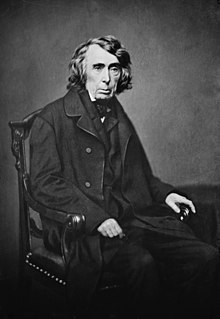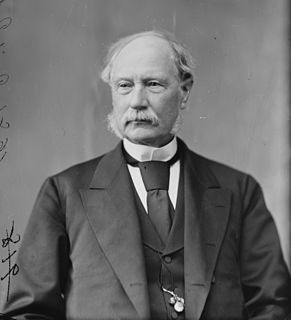A Quote by Alexander Hamilton
Constitutions of civil government are not to be framed upon a calculation of existing exigencies, but upon a combination of these with the probable exigencies of ages, according to the natural and tried course of human affairs. Nothing, therefore, can be more fallacious than to infer the extent of any power, proper to be lodged in the national government, from an estimate of its immediate necessities.
Related Quotes
Private property ... is a Creature of Society, and is subject to the Calls of that Society, whenever its Necessities shall require it, even to its last Farthing, its contributors therefore to the public Exigencies are not to be considered a Benefit on the Public, entitling the Contributors to the Distinctions of Honor and Power, but as the Return of an Obligation previously received, or as payment for a just Debt.
Allow a government to decline paying its debts and you overthrow all public morality-you unhinge all the principles that preserve the limits of free constitutions. Nothing can more affect national prosperity than a constant and systematic attention to extinguish the present debt and to avoid as much as possibly the incurring of any new debt.
RTE was set up by legislation as an instrument of public policy, and, as such is responsible to the government. The government have overall responsibility for its conduct, and especially the obligation to ensure that its programmes do not offend against the public interest or conflict with national policy as defined in legislation. To this extent the government rejected the view that RTE should be, either generally or in regard to its current affairs programmes, completely independent of government supervision.
The moral principles and precepts contained in the Scriptures ought to form the basis of all our civil constitutions and laws . . . The religion which has introduced civil liberty is the religion of Christ and his Apostles . . . This is genuine Christianity and to this we owe our free constitutions of government.
As the duties of superintending the national defense and of securing the public peace against foreign or domestic violence involve a provision for casualties and dangers to which no possible limits can be assigned, the power of making that provision ought to know no other bounds than the exigencies of the nation and the resources of the community.
An alliance or coalition between Government and religion cannot be too carefully guarded against......Every new and successful example therefore of a PERFECT SEPARATION between ecclesiastical and civil matters is of importance........religion and government will exist in greater purity, without (rather) than with the aid of government.



























